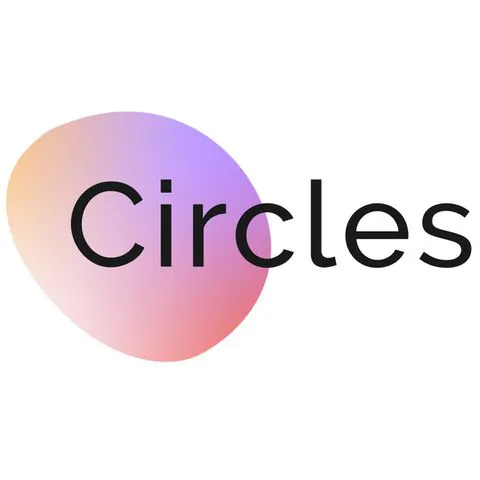How Alimony Works and When It’s Awarded
Divorce is an emotionally and financially challenging process. The transition from a shared life to individual paths often brings significant changes, including the division of assets, the disruption of routines, and the need to adapt to a new lifestyle. For many, the aftermath of divorce can be just as difficult as the process itself.
One of the most common concerns after separation is financial stability. In many marriages, one partner may have been financially dependent on the other.
This is where the concept of alimony, or spousal support, becomes relevant. If you are wondering if you are eligible to get alimony or how it works, this article will guide you through everything you need to know.
No. 1
What Is Alimony?
Alimony is a legal obligation for one spouse to provide financial support to the other after a divorce or legal separation. Also known as spousal support, it is designed to help the lower-earning or non-earning spouse maintain a reasonable standard of living post-divorce.
The amount and duration of alimony can be mutually agreed upon by the spouses or determined by a judge. The goal is to ensure that neither party faces undue financial hardship as a result of the separation.
No. 2
When Is Alimony Awarded?
Alimony is not automatically granted in every divorce case. Courts consider several factors before awarding spousal support.
Common reasons include:
Financial Dependency: One spouse is financially dependent on the other.
Length of Marriage: Longer marriages are more likely to result in alimony awards.
Income Disparity: A significant income gap between spouses may lead to support payments.
Inability to Work: Health issues or age may prevent one spouse from working or earning sufficiently.
Each case is unique, and the court evaluates the circumstances carefully before making a decision.
No. 3
Types of Alimony
There are several types of alimony, each serving a different purpose based on the couple’s situation:
Temporary Alimony: This is granted during the divorce process to cover immediate expenses until a final decision is made.
Rehabilitative Alimony: Provided until the receiving spouse becomes self-sufficient, often through education or job training.
Permanent Alimony: Long-term support paid monthly, usually until the recipient remarries or passes away.
Lump-Sum Alimony: A one-time payment instead of ongoing support, often used in lieu of property division.
Reimbursement Alimony: Compensates a spouse for expenses like tuition or career support provided during the marriage.
Understanding the type of alimony applicable to your case is crucial for setting realistic expectations.
Circles
A safe place to share
or listen anonymously.
Listen, relate and connect with others
in an audio-only setting that shows
only your first name.
No. 4
Why Hiring a Lawyer Matters
While spouses can attempt to negotiate alimony themselves, it’s not always fair or legally sound. Hiring a divorce attorney can make a significant difference in the outcome.
Here’s why:
Professional Guidance: A lawyer can assess your financial situation and recommend the most suitable type of alimony.
Legal Representation: Emotions often run high during divorce. A lawyer can handle negotiations, filings, and court appearances on your behalf.
Evidence Collection: Proving income, debts, and financial needs requires documentation. An attorney can gather and present this evidence effectively.
Modifications and Termination: If circumstances change, such as a job loss or remarriage, a lawyer can help modify or terminate the alimony agreement.
Legal representation ensures that your rights are protected and that the final arrangement is fair and enforceable.
Takeaways
Navigating life after divorce is never easy, especially when financial uncertainty is involved. Alimony exists to provide balance and support during this transitional period. Whether you’re seeking spousal support or may be required to pay it, understanding your rights and responsibilities is essential.
Consulting a qualified attorney can help you determine your eligibility for alimony and guide you through the legal process with clarity and confidence. With the right support, you can move forward with stability and peace of mind.
Looking for resources?
At Hello Lovely Living, we aim to empower you to earn and save money and time while benefiting from our expansive network of home, life, wellness, travel, work-from-home, career, and business resources and opportunities. Discover a wealth of tools to support your journey.































